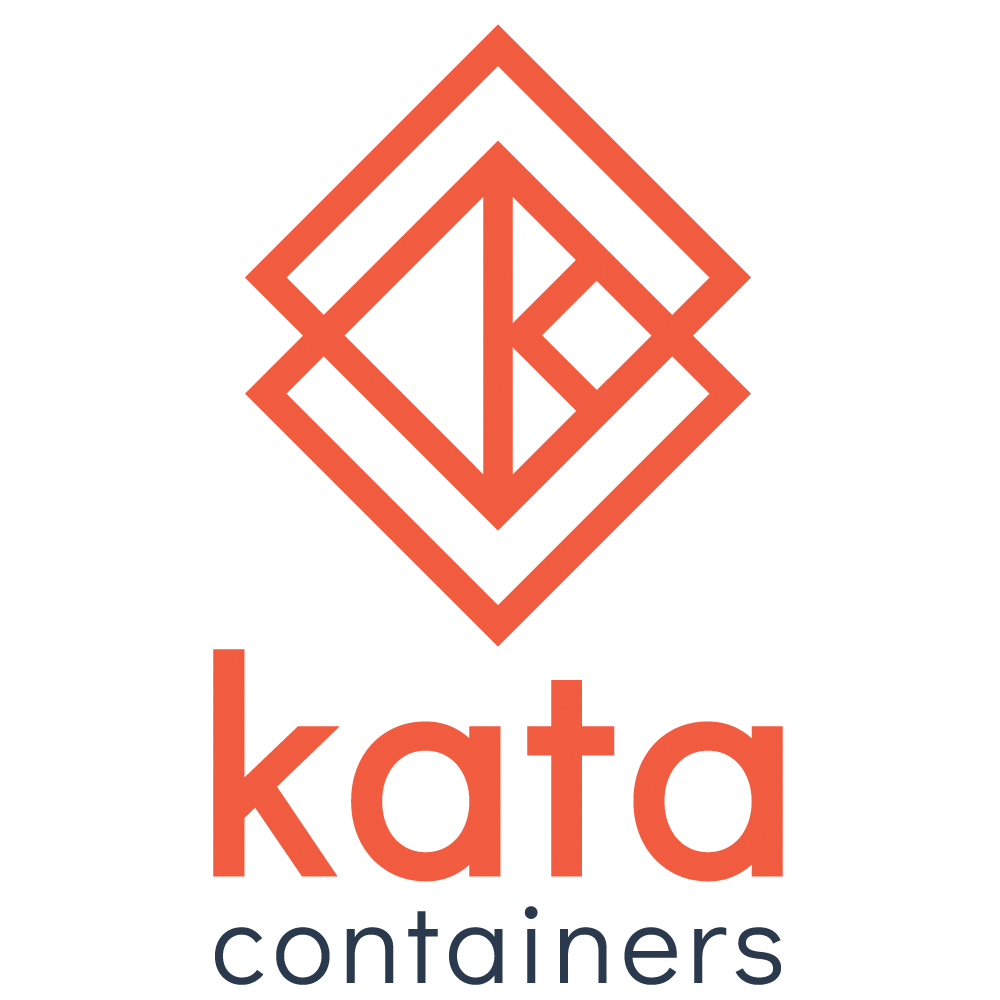update_spec_devices() takes a bunch of updates for the device entries in the OCI spec and applies them, adjusting things in both the linux.devices and linux.resources.devices sections of the spec. It's important that each entry in the spec only be updated once. Currently we ensure this by first creating an index of where the entries are, then consulting that as we apply each update, so that earlier updates don't cause us to incorrectly detect an entry as being relevant to a later update. This method works, but it's quite awkward. This inverts the loop structure in update_spec_devices() to make this clearer. Instead of stepping through each update and finding the relevant entries in the spec to change, we step through each entry in the spec and find the relevant update. This makes it structurally clear that we're only updating each entry once. Signed-off-by: David Gibson <david@gibson.dropbear.id.au>

Kata Containers
Welcome to Kata Containers!
This repository is the home of the Kata Containers code for the 2.0 and newer releases.
If you want to learn about Kata Containers, visit the main Kata Containers website.
Introduction
Kata Containers is an open source project and community working to build a standard implementation of lightweight Virtual Machines (VMs) that feel and perform like containers, but provide the workload isolation and security advantages of VMs.
Getting started
See the installation documentation.
Documentation
See the official documentation (including installation guides, the developer guide, design documents and more).
Community
To learn more about the project, its community and governance, see the community repository. This is the first place to go if you wish to contribute to the project.
Getting help
See the community section for ways to contact us.
Raising issues
Please raise an issue in this repository.
Note: If you are reporting a security issue, please follow the vulnerability reporting process
Developers
Components
Main components
The table below lists the core parts of the project:
| Component | Type | Description |
|---|---|---|
| runtime | core | Main component run by a container manager and providing a containerd shimv2 runtime implementation. |
| agent | core | Management process running inside the virtual machine / POD that sets up the container environment. |
| documentation | documentation | Documentation common to all components (such as design and install documentation). |
| tests | tests | Excludes unit tests which live with the main code. |
Additional components
The table below lists the remaining parts of the project:
| Component | Type | Description |
|---|---|---|
| packaging | infrastructure | Scripts and metadata for producing packaged binaries (components, hypervisors, kernel and rootfs). |
| kernel | kernel | Linux kernel used by the hypervisor to boot the guest image. Patches are stored here. |
| osbuilder | infrastructure | Tool to create "mini O/S" rootfs and initrd images and kernel for the hypervisor. |
agent-ctl |
utility | Tool that provides low-level access for testing the agent. |
trace-forwarder |
utility | Agent tracing helper. |
ci |
CI | Continuous Integration configuration files and scripts. |
katacontainers.io |
Source for the katacontainers.io site. |
Packaging and releases
Kata Containers is now available natively for most distributions. However, packaging scripts and metadata are still used to generate snap and GitHub releases. See the components section for further details.